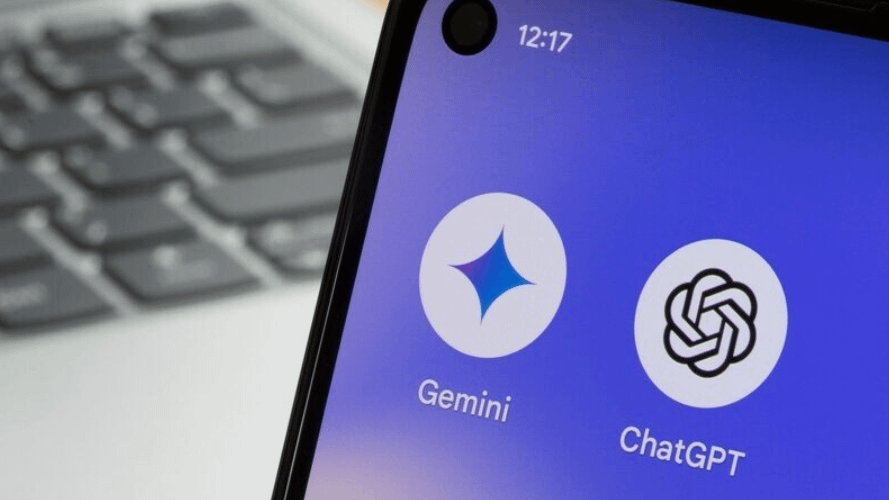
In the realm of artificial intelligence, two prominent contenders stand out: OpenAI’s ChatGPT and Google’s Gemini. Both are cutting-edge AI models that have garnered significant attention for their capabilities in natural language processing (NLP) and generation. But when it comes to determining which reigns supreme in the AI arena, a deeper analysis is warranted. In this article, we’ll delve into the features, strengths, and limitations of ChatGPT and Gemini to determine which AI powerhouse comes out on top.
Understanding ChatGPT:
ChatGPT, developed by OpenAI, is a state-of-the-art language model renowned for its versatility and ability to generate human-like text responses. Leveraging the power of the Transformer architecture and trained on vast amounts of text data, ChatGPT excels in a wide range of NLP tasks, including text completion, translation, summarization, and conversation generation. Its ability to comprehend context and generate coherent responses has made it a favorite tool for various applications, from chatbots to content generation.
Exploring Google’s Gemini:
On the other hand, Google’s Gemini represents the tech giant’s foray into advanced NLP with its innovative approach to language understanding. Built upon Google’s extensive research in machine learning and NLP, Gemini aims to push the boundaries of AI capabilities further. It boasts impressive performance in tasks such as question answering, language translation, and content summarization. With a focus on scalability and efficiency, Gemini has the potential to revolutionize various industries by offering powerful language understanding capabilities.
Comparative Analysis:
When comparing ChatGPT and Gemini, several factors come into play:
- Performance: Both models exhibit remarkable performance in understanding and generating natural language text. While ChatGPT excels in maintaining context and generating coherent responses, Gemini showcases superior performance in certain specialized tasks, such as question answering and language translation.
- Scalability: Google’s Gemini has the advantage of being backed by Google’s vast infrastructure, enabling it to handle large-scale applications with ease. This scalability gives Gemini an edge in scenarios where handling massive amounts of data is crucial.
- Customization: ChatGPT offers greater flexibility and ease of customization, allowing developers to fine-tune the model for specific applications or domains. This adaptability makes ChatGPT a preferred choice for projects requiring tailored solutions.
- Ethical Considerations: OpenAI has been at the forefront of promoting ethical AI practices, with a focus on safety and responsible deployment. While Google also emphasizes ethical AI, concerns have been raised regarding data privacy and potential biases in large-scale AI systems like Gemini.
Conclusion:
In the AI showdown between ChatGPT and Google’s Gemini, both models showcase impressive capabilities in natural language processing and generation. While ChatGPT stands out for its versatility and adaptability, Gemini offers unparalleled scalability and performance in certain specialized tasks. Ultimately, the choice between ChatGPT and Gemini depends on the specific requirements of the application and the priorities of the developer or organization.
As the field of AI continues to evolve, advancements in models like ChatGPT and Gemini will undoubtedly shape the future of natural language processing and AI-driven applications. Whether it’s powering chatbots, automating content generation, or enabling intelligent search, these AI powerhouses are poised to redefine how we interact with technology in the years to come.
In the AI showdown of ChatGPT vs. Google’s Gemini, the verdict on which reigns supreme ultimately depends on the context of the application and the priorities of the users. Both models have their strengths and weaknesses, and the choice between them will hinge on factors such as performance requirements, scalability needs, and ethical considerations. As AI technology continues to advance, we can expect further innovations and refinements from both OpenAI and Google, driving the field of natural language processing to new heights.